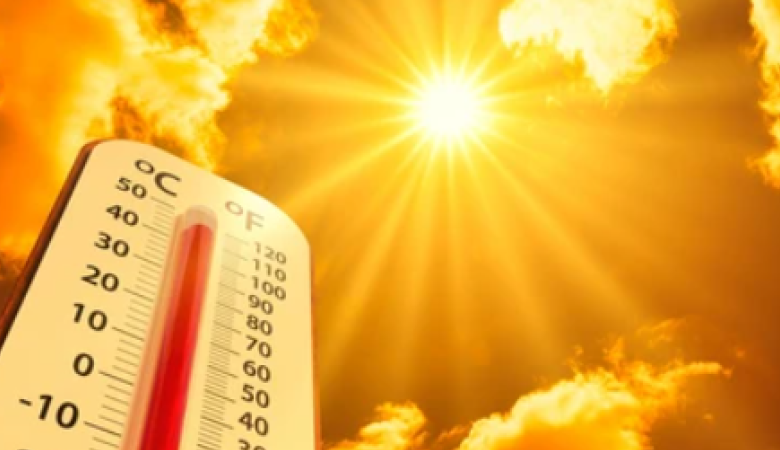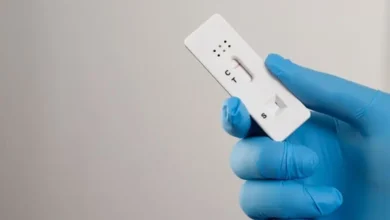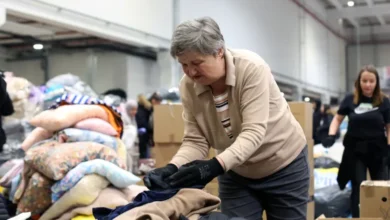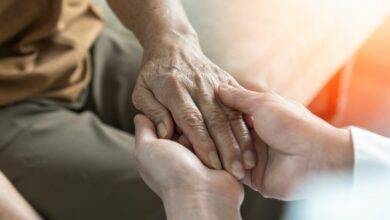How to Protect Yourself from Heat Waves?

Heat waves are becoming more frequent and severe due to climate change, posing serious health risks to people worldwide. These prolonged periods of excessively high temperatures can lead to dehydration, heat exhaustion, heat stroke, and even death.
Therefore, it’s crucial to know how to protect yourself and stay safe during a heat wave. Here are some essential tips to help you beat the heat.

1. Stay Hydrated
One of the most critical steps in preventing heat-related illnesses is maintaining proper hydration.
- Drink Plenty of Water: Increase your water intake, even if you don’t feel thirsty. Aim for at least 8-10 glasses a day. Avoid sugary drinks, alcohol, and caffeinated beverages as they can lead to dehydration.
- Electrolyte Balance: If you’re sweating a lot, consider drinks that replenish electrolytes like sports drinks or coconut water to maintain the balance of minerals in your body.
2. Seek Shade and Stay Indoors
Minimize your exposure to the sun during peak hours, usually between 10 a.m. and 4 p.m.
- Stay Indoors: If possible, stay inside air-conditioned buildings during the hottest part of the day. Use fans and keep windows closed to retain cool air.
- Find Shade: If you must be outside, seek shaded areas or create your own shade using umbrellas or wide-brimmed hats.
3. Dress Appropriately
Your clothing can significantly impact your ability to stay cool.
- Lightweight Fabrics: Wear loose-fitting, light-colored clothing made of breathable fabrics like cotton or linen. These materials help your body cool down more efficiently.
- Cover Up: Despite the heat, covering your skin can protect it from the sun’s harmful rays. Long sleeves, pants, and a hat can help, as can sunglasses to protect your eyes from UV exposure.
4. Use Sunscreen
Sunburn can hinder your body’s ability to cool itself and can lead to dehydration.
- SPF Protection: Apply a broad-spectrum sunscreen with an SPF of at least 30, 20 minutes before going outside. Reapply every two hours, or more frequently if you’re sweating or swimming.
5. Adapt Your Activities
Strenuous activities can increase your body temperature quickly.
- Limit Physical Exertion: Avoid high-intensity activities during the hottest parts of the day. If you must exercise, do it during the cooler parts of the day, like early morning or late evening.
- Pace Yourself: Take regular breaks, and rest in cool or shaded areas.
6. Cool Down Your Living Space
Keeping your home cool can provide a refuge from the heat.
- Use Fans and Air Conditioning: Ceiling fans, portable fans, and air conditioning units can significantly reduce indoor temperatures.
- Block Sunlight: Close curtains or blinds during the day to block out direct sunlight. Reflective window films can also help keep the heat out.
- Ventilation: At night, when the temperature drops, open windows to allow cooler air to circulate through your home.
7. Recognize Heat-Related Illnesses
Knowing the symptoms of heat-related illnesses can help you take quick action to prevent serious health issues.
- Heat Exhaustion: Symptoms include heavy sweating, weakness, dizziness, nausea, and muscle cramps. If you or someone else is experiencing these symptoms, move to a cooler place, drink water, and apply cool, wet cloths to the skin.
- Heat Stroke: This is a medical emergency. Symptoms include high body temperature (above 103°F), confusion, loss of consciousness, and hot, dry skin. Call emergency services immediately if you suspect heat stroke, and try to cool the person down by any means available, such as immersing them in cool water or placing ice packs on their body.
8. Check on Vulnerable Populations
Certain groups are more susceptible to heat-related illnesses and may need extra help during a heat wave.
- Elderly and Infants: Check on elderly relatives and neighbors, and ensure that infants and young children are kept cool and hydrated.
- Chronic Illnesses: People with conditions like heart disease, diabetes, and respiratory issues may need special care to avoid complications.
- Pets: Ensure pets have access to plenty of water and are kept in cool areas. Never leave pets in a parked car, as temperatures can rise rapidly.
9. Plan for Emergencies
Being prepared can make a significant difference during extreme heat.
- Emergency Kits: Keep an emergency kit with water, snacks, a first aid kit, and other essentials in case of a power outage or if you need to leave your home.
- Stay Informed: Follow weather updates and heat advisories through reliable sources like the National Weather Service or local authorities. Know the locations of cooling centers in your area.
10. Take Advantage of Community Resources
Many communities offer resources to help residents cope with extreme heat.
- Cooling Centers: During heat waves, many cities open cooling centers where people can go to stay cool.
- Public Pools: Public pools and splash pads can provide a fun way to cool off. Just remember to take breaks from the sun and stay hydrated.
By following these guidelines, you can protect yourself and your loved ones from the dangers of heat waves. Stay cool, stay hydrated, and stay informed to weather the heat safely.










